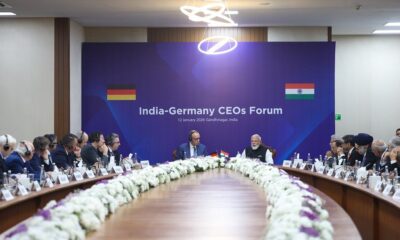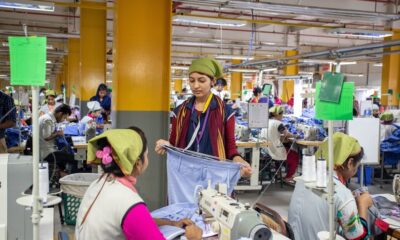Fashion
BioFibreLoop spins breakthrough in Lignin-based sustainable textiles
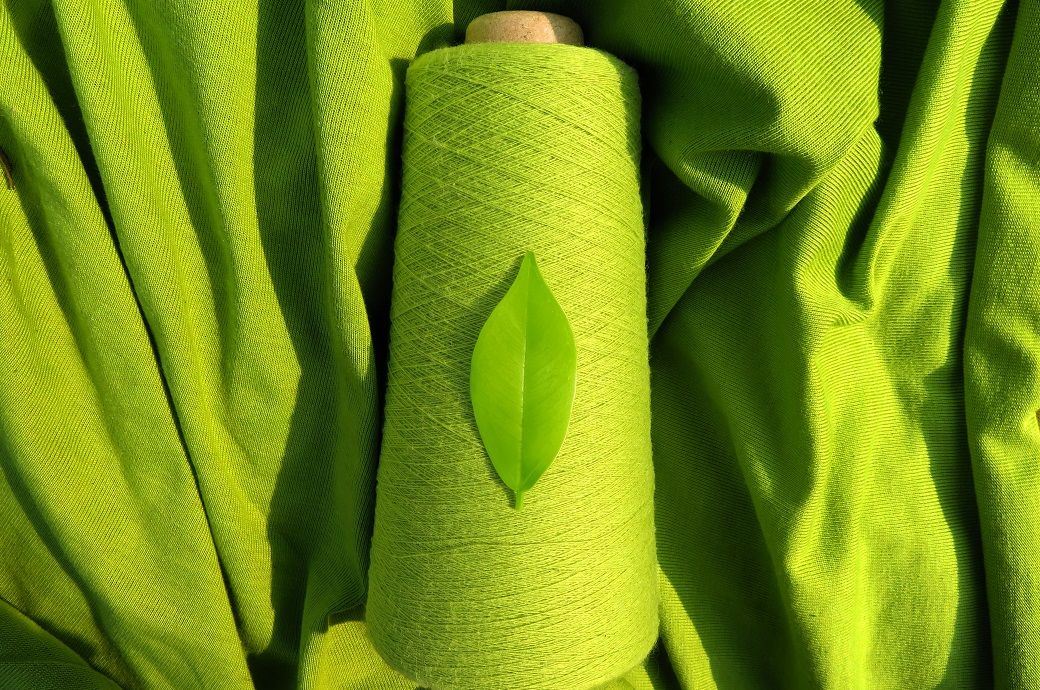
The achievement marked a step forward in replacing harmful chemicals used in functional textiles with bio-based, recyclable alternatives. However, progress now hinges on securing a stable supply of high-quality lignin. The absence of standardisation across the EU complicates sourcing, as lignin properties vary depending on extraction processes, and several specialised suppliers have exited the market, the European Commission said in a press release.
The EU-funded BioFibreLoop project, led by Germany’s DITF, has achieved a breakthrough by spinning lignin-cellulose fibres, advancing sustainable textiles for outdoor, active, and workwear.
Aiming to replace harmful chemicals with bio-based, recyclable alternatives, the project now faces challenges in sourcing high-quality lignin due to lack of EU standardisation.
DITF has been testing lignin’s suitability for fibre production and coatings that provide textiles with functions such as liquid, gas, and bacterial protection—essential for sustainable yet high performance fabrics. The project aims to ensure these lignin-coated textiles are both biodegradable and recyclable, aligning with the European Green Deal.
Despite market volatility, new wood refinery plants in Europe promise to stabilise supply. BioFibreLoop sees this as an opportunity for lignin producers to secure large-scale demand by entering the textile market. If successful, the project could strengthen Europe’s bio-based supply chains and resilience against global disruptions.
“Our good research results on the use of lignin in textile products together with the great market potential will strongly motivate the establishment of biorefineries for suitable lignin variants in Europe,” said Thomas Stegmaier, technical coordinator at DITF.
BioFibreLoop (Circular biobased technical textiles with innovative bio-inspired non-toxic functionalisation) will continue until 2027.
Fibre2Fashion News Desk (SG)
Fashion
H&M India unveils official Lollapalooza India 2026 collection
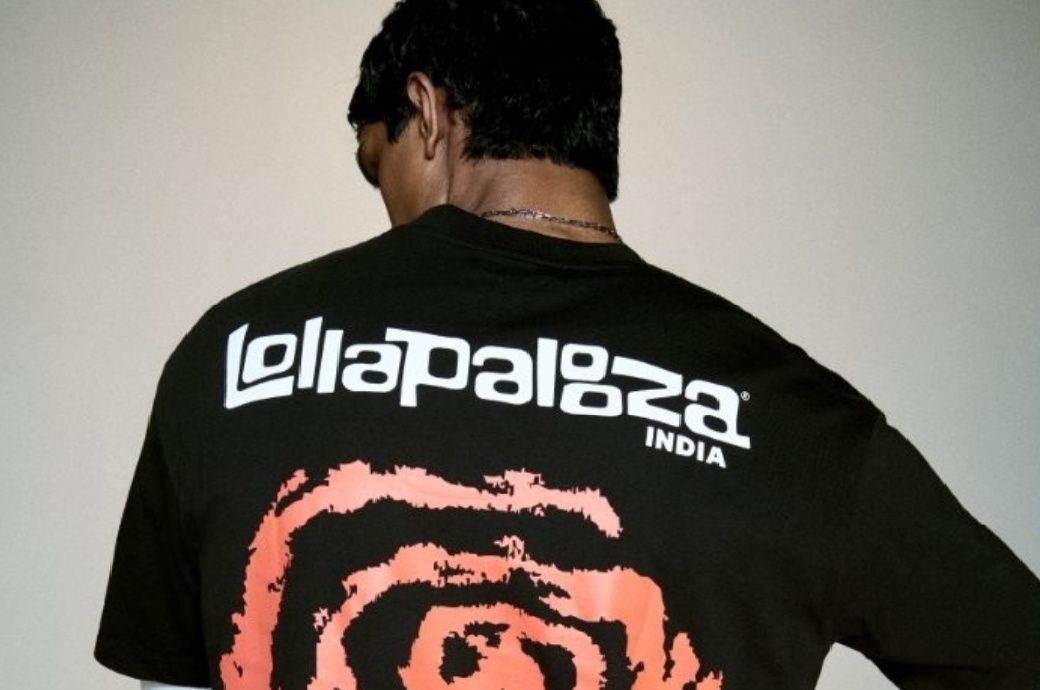
The collection features distinct women’s and men’s capsules designed for movement, comfort and self-expression.
H&M India has launched its official Lollapalooza India 2026 merchandise collection, marking its second year as festival sponsor.
The limited-edition drop features bold graphics, vibrant colours and relaxed silhouettes.
With separate women’s and men’s capsules, the range includes graphic tees, caps and tote bags designed for comfort, movement and self-expression from day to night performances.
“Lollapalooza India is a strong cultural moment, and a natural space for H&M to connect with a younger generation. Fashion today is about self-expression and confidence, and through this collaboration we reinforce our commitment to creating accessible, culturally relevant fashion that empowers individuality,” said Helena Kuylenstierna, Director, H&M India.
The range features graphic merchandise tees for both women and men, along with festival essentials such as caps and tote bags. Each piece is designed to move seamlessly from day sets to night performances.
Note: The headline, insights, and image of this press release may have been refined by the Fibre2Fashion staff; the rest of the content remains unchanged.
Fibre2Fashion News Desk (RM)
Fashion
Australia’s apparel imports fall, textiles rise in July-Nov 2025
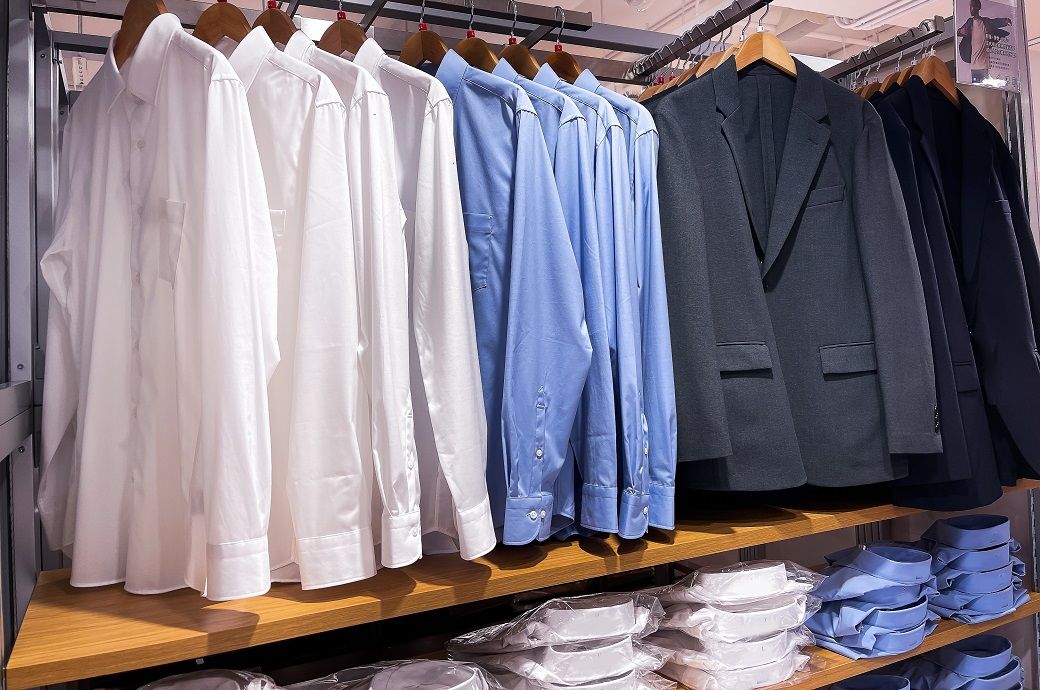
Apparel imports (code **) eased to Au$*.*** billion (~$*.*** billion), compared with Au$*.*** billion a year earlier. In November ****, imports fell sharply by **.** per cent year on year to Au$*.*** billion (~$*.*** billion) from Au$*.*** billion. The November contraction points to retailers delaying replenishment amid weak consumer confidence, promotional stock overhangs, and a preference for tighter inventory management ahead of the peak sales season.
Imports of textile yarn, fabrics, and made-up articles (code **) increased *.** per cent to Au$*.*** billion (~$*.*** billion) from Au$*.*** billion in the same period last year. However, November **** shipments under this category slipped to Au$*** million, down from Au$*** million in November ****, indicating short-term moderation after earlier restocking by manufacturers and converters.
Fashion
CFDA & Ralph Lauren launch grants to boost US fashion manufacturing

The CFDA x NY Forward Grant Fund, developed with funding from both the New York State Department of State and Ralph Lauren Corporation (Ralph Lauren), will provide partially matching grants to designers and manufacturers based in New York City’s Garment District. The U.S. Fashion Manufacturing Fund, created with Ralph Lauren as founding partner, will support apparel manufacturers nationwide. Both programs aim to help companies to modernize equipment, expand services, and train workers – building the capacity and resilience of American fashion manufacturing.
CFDA has launched two new grant programmes with Ralph Lauren to strengthen American fashion manufacturing.
The CFDA x NY Forward Grant Fund will support New York City’s Garment District, while the US Fashion Manufacturing Fund will aid manufacturers nationwide, focusing on modernisation, workforce training, innovation and long-term industry resilience.
These programs build on the success of the CFDA’s Fashion Manufacturing Initiative (FMI), launched in 2013 in affiliation with the New York City Economic Development Corporation (NYCEDC), Andrew Rosen, and with the long-term support of Ralph Lauren, among others. To date, Ralph Lauren has contributed $2 million as FMI’s Premier Underwriter, enabling grants to 54 factories and positively impacting more than 2,000 jobs.
“Strengthening American manufacturing to ensure designers have local partners has long been at the core of CFDA’s mission,” said Steven Kolb, CEO and President of the CFDA. “We are proud to extend our decade-plus work with Ralph Lauren Corporation and expand to a national level while also continuing our local NYC investments alongside our first-ever partnership with the New York State Department of State.”
Together, these new grant programs mark a landmark commitment: sustaining New York’s Garment District while bolstering U.S. manufacturing nationwide — ensuring that American fashion continues to lead globally through innovation, craftsmanship and community.
“Our expanded partnership with the CFDA reflects Ralph Lauren’s enduring commitment to advancing innovation and supporting American fashion,” said Katie Ioanilli, Chief Global Impact & Communications Officer, Ralph Lauren Corporation. “This is not only an investment in our industry — it’s an investment in a vital part of American culture that we share with the world.”
Note: The headline, insights, and image of this press release may have been refined by the Fibre2Fashion staff; the rest of the content remains unchanged.
Fibre2Fashion News Desk (RM)
-

 Politics1 week ago
Politics1 week agoUK says provided assistance in US-led tanker seizure
-

 Entertainment1 week ago
Entertainment1 week agoDoes new US food pyramid put too much steak on your plate?
-

 Entertainment1 week ago
Entertainment1 week agoWhy did Nick Reiner’s lawyer Alan Jackson withdraw from case?
-

 Sports5 days ago
Sports5 days agoClock is ticking for Frank at Spurs, with dwindling evidence he deserves extra time
-

 Business1 week ago
Business1 week agoTrump moves to ban home purchases by institutional investors
-

 Sports1 week ago
Sports1 week agoPGA of America CEO steps down after one year to take care of mother and mother-in-law
-

 Tech4 days ago
Tech4 days agoNew Proposed Legislation Would Let Self-Driving Cars Operate in New York State
-

 Business1 week ago
Business1 week agoBulls dominate as KSE-100 breaks past 186,000 mark – SUCH TV








